
Hide and Sweet: Exposing the Sugar in a Metabolic Horse’s Diet
One equine nutritionist explains how to ensure your horse’s diet does not contain dangerous levels of sugar.

One equine nutritionist explains how to ensure your horse’s diet does not contain dangerous levels of sugar.

Use this checklist of fall horse property chores to better prepare yourself and your horses for the upcoming winter months.
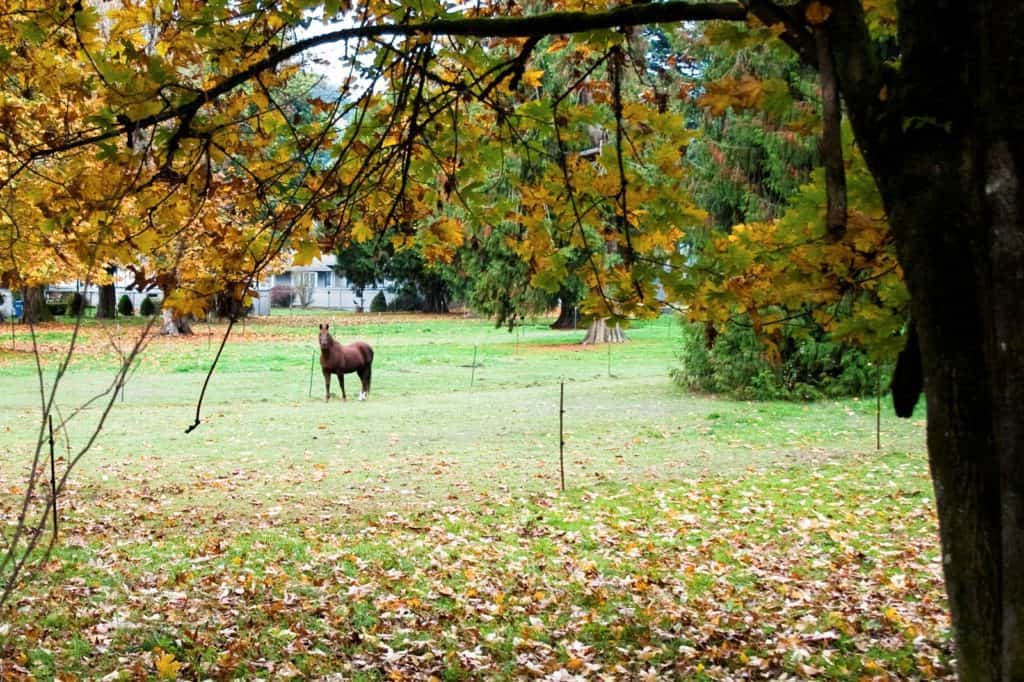
Is it okay for my horse to eat leaves that have fallen from trees in his pasture?

An equine nutritionist explains what changes you can make to your horse’s diet to help him better cope with stress.

When managing laminitic horses, making dietary changes is often necessary for the success of other treatment efforts.

Madeline Boast explains why you might need to provide supplements for horses on a forage-only diet to maintain a healthy equine gut microbiome.

Signs your horse has eaten foxtail and how to mitigate it in your pastures.
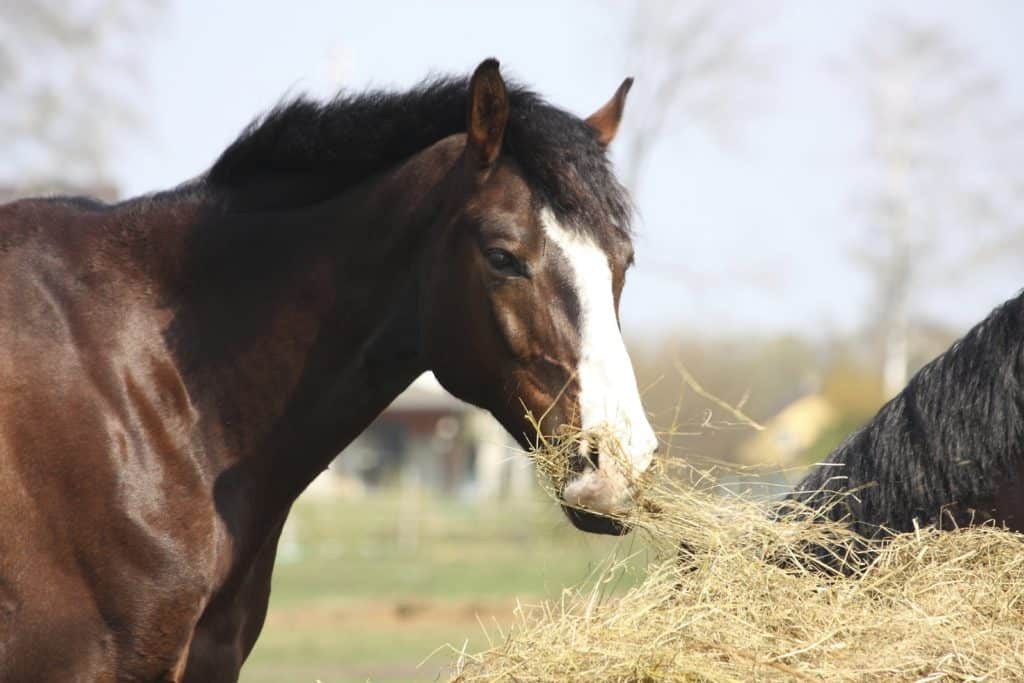
Our equine nutrition expert offers a reader advice on how to feed a thin horse with a history of laminitis without causing another bout of the disease.

Does your horse need a salt block? Should you top-dress their feed? An equine nutritionist weighs in.
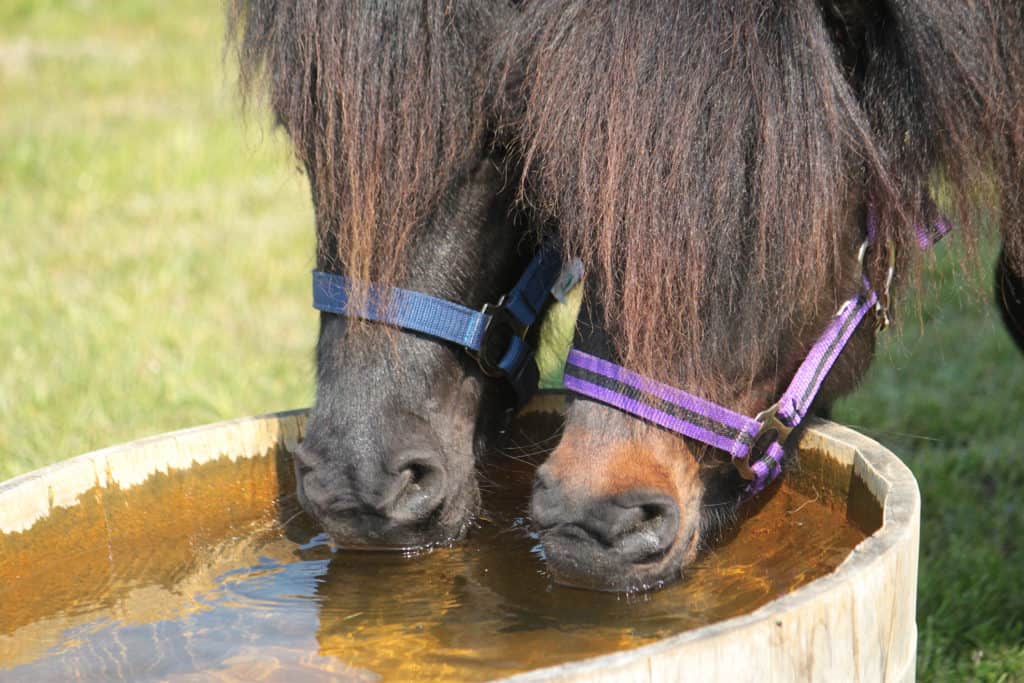
We consulted two equine nutritionists to answer your burning questions about horse hydration. Here’s what you need to know.
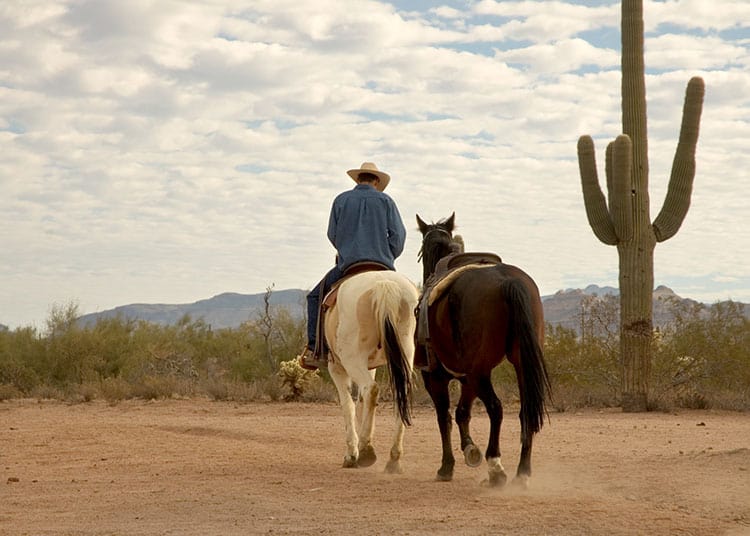
Don’t forget horses need calories to keep cool in the heat.

A ration balancer is designed to provide your horse with the essential nutrients forage-based diets most likely lack.
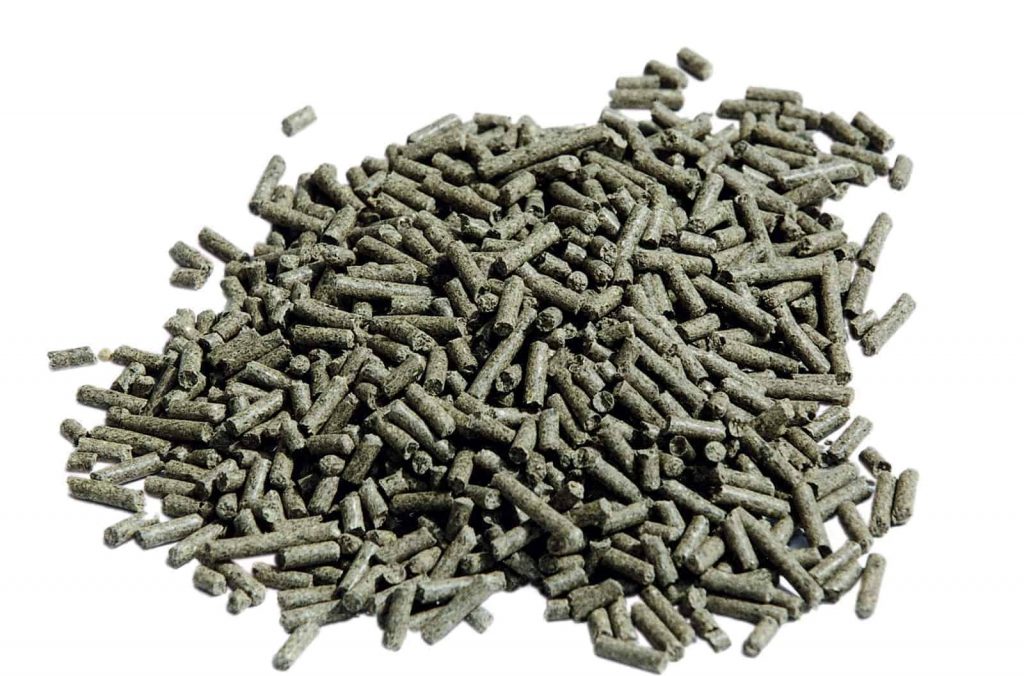
Is it safe to feed your horse alfalfa pellets and grain alone? An equine nutritionist weighs in on the subject.

Understanding the differences between haylage and grass hay can be helpful for horse owners when deciding which is best for their horse.
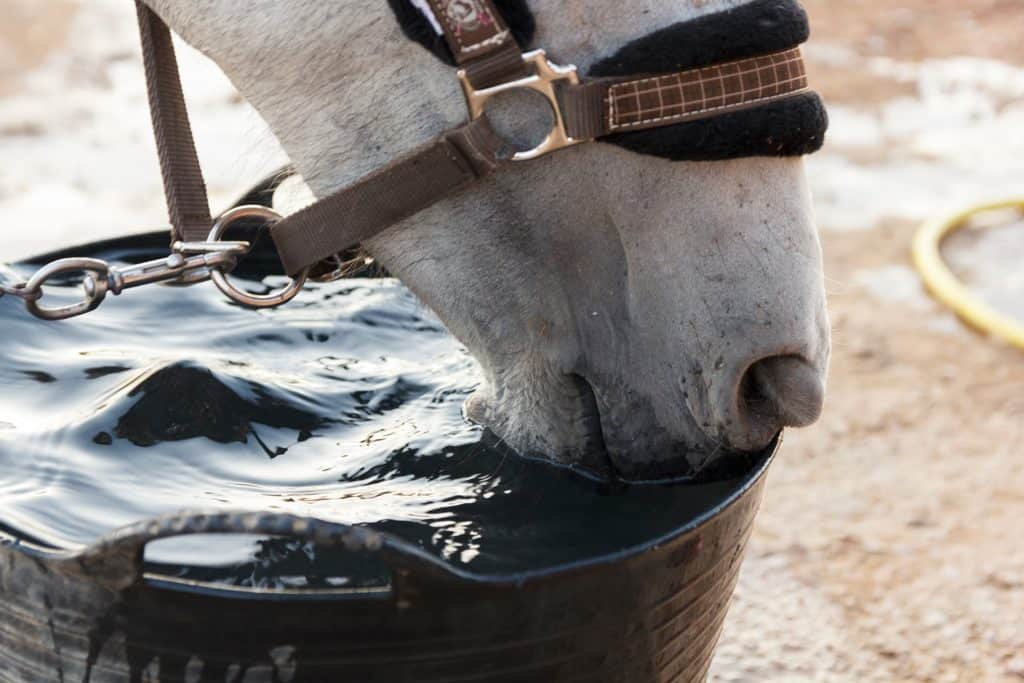
Keeping competition horses well hydrated isn’t always easy. One nutritionist offers tips to help prevent dehydration.

Follow these steps to help your overweight horse subsist on fewer calories.
Stay on top of the most recent Horse Health news with
"*" indicates required fields